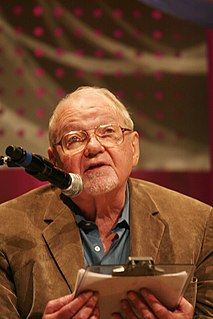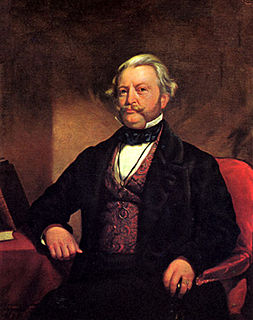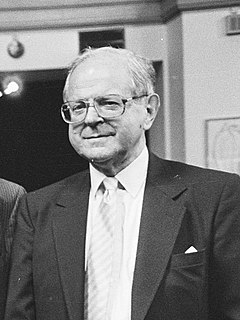A Quote by Fredric Jameson
The United States has made a massive effort since the end of the Second World War to secure the dominance of its films in foreign markets - an achievement generally pushed home politically, by writing clauses into various treaties and aid packages.
Related Quotes
The cry of "Make America Great Again" reflects accurately that, after the fall of the Soviet Union, the sole superpower status of the United States is coming to an end. For the first time since the second World War, we are not the sole dominant economy in the world. In large part this is because of the success of policies followed by the United States to create an environment, a peaceful period in history in which economies could grow and countries could benefit.
Foreign policy always has more force and punch when the nation speaks with one voice. To remain secure, prosperous, and free, the United States must continue to lead. That leadership requires a president and Congress working together to fashion a foreign policy with broad, bipartisan support. A foreign policy of unity is essential if the United States is to promote its values and interests effectively and help to build a safer, freer, and more prosperous world.
The Idea of Anti-imperialism is... to be considered on several grounds. First, it is traditionally pervasive in the United States, though given its most extreme form in anti-Western academe. Second, it is used as a negative label for any effort by the United States, or the West, to encourage liberties, to block fanaticisms, and to make aid dependent on positive economic policies. Those concerned with the future development of their countries, and of the world, cannot afford to let obsolete resentments distort their aims.
I believe the number is 70% of the world's refugees since World War II have been taken in by the United States. Every year, year in, year out, the United States admits more legal immigrants than the rest of the world combined. The United States has granted amnesty before to three million illegals and appears prepared to do it again.
Latin America can no longer tolerate being a haven for United States liberals who cannot make their point at home, an outlet for apostles too "apostolic" to find their vocation as competent professionals within their own community. The hardware salesman threatens to dump second-rate imitations of parishes, schools and catechisms -- out-moded even in the United States -- all around the continent. The traveling escapist threatens further to confuse a foreign world with his superficial protests, which are not viable even at home.
Between the postwar fifties - domesticity, people happy to be alive after the Second World War, wanting to build a home, make a family, make a nest. Women were pushed back into the home after having been active in the Second World War. It was a big Doris Day moment for women, which didn't suit all women.
When the strongest nation in the world can be tied up for years in a war with no end in sight, when the richest nation in the world can't manage its own economy, when the nation with the greatest tradition of the rule of law is plagued by unprecedented lawlessness, and when the President of the United States cannot travel abroad or to any major city at home without fear of a hostile demonstration - then it's time for new leadership for the United States of America.




































